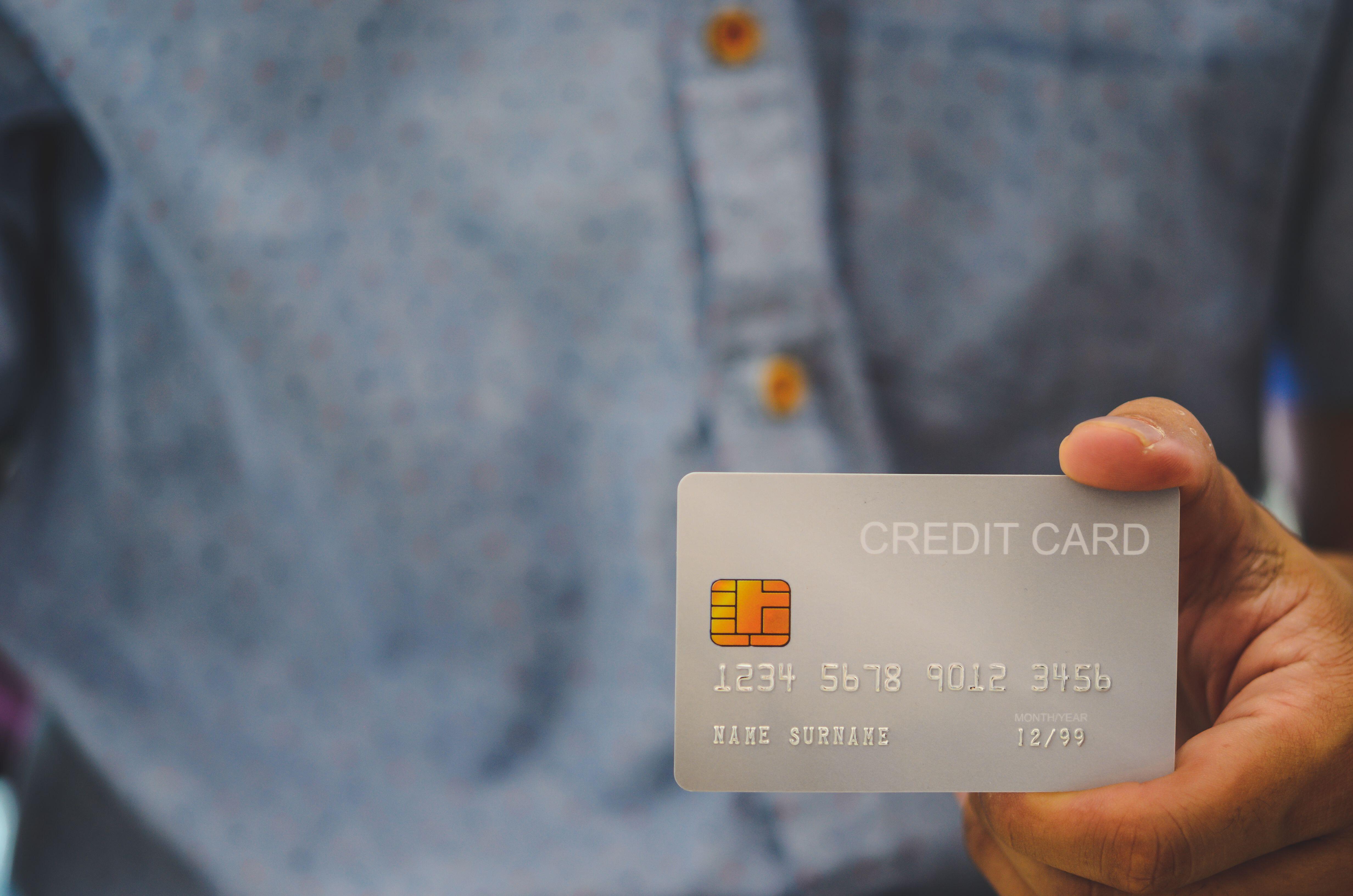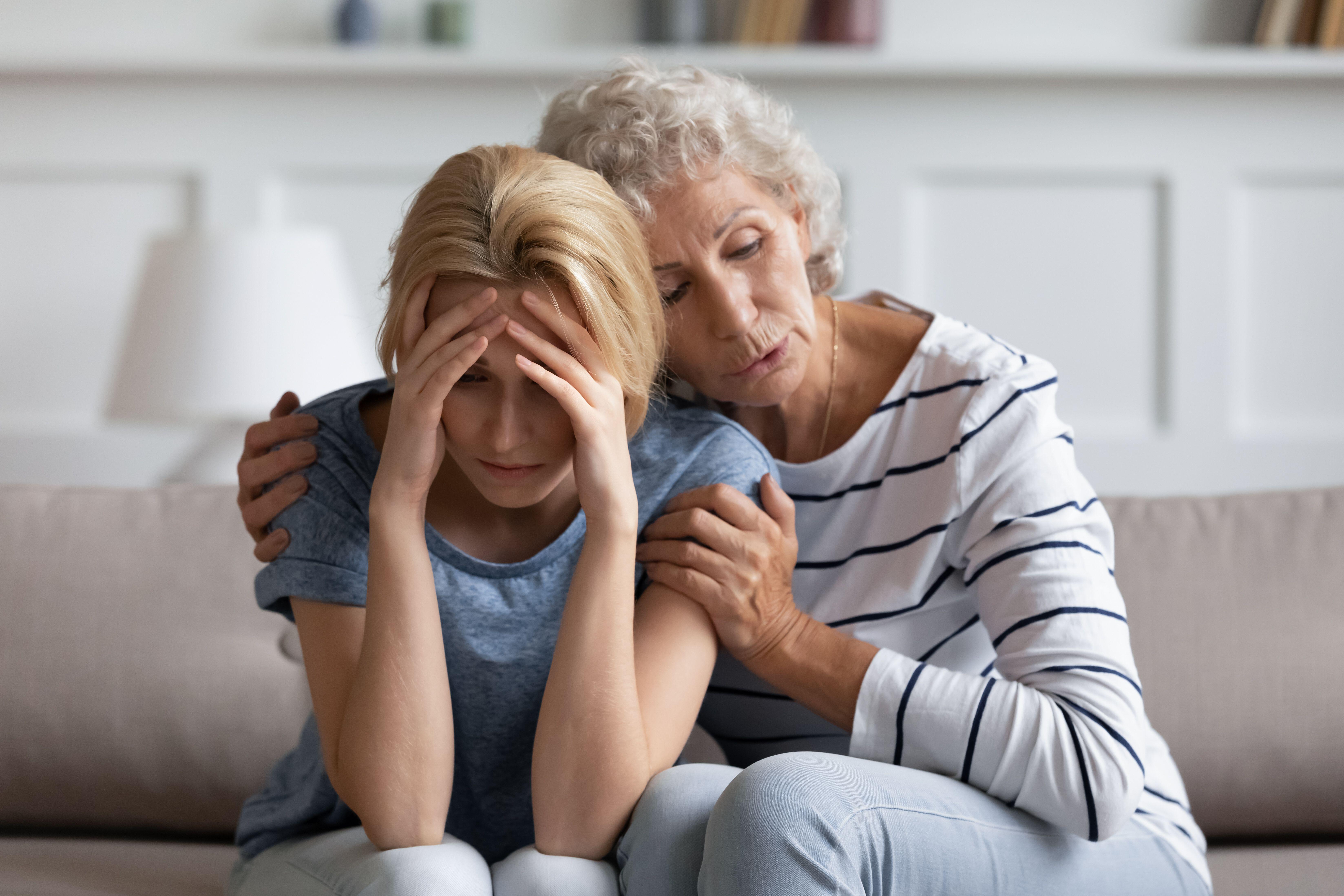
Nearly one in seven women said they have recently experienced economic abuse from a current or former partner, according to a new survey.
Research commissioned by Surviving Economic Abuse found that although economic abuse often flies under the radar it can have serious consequences.
More than 2,800 women across the UK were surveyed by Ipsos and among the 430 women who said they had experienced economic abuse in the past 12 months, over a third (36%) experienced mental ill health, including depression, panic attacks, or suicidal thoughts.
But what is economic abuse? And what red flags should we look out for?
What is economic abuse?
“Economic abuse is a form of coercive control where someone takes over your economic resources to restrict your independence,” says Kat Mann, senior support worker at Women’s Aid. “By controlling finances, the abuser creates dependency, making it harder for the survivor to gain freedom or leave the relationship.”
This type of abuse is a form of coercive control.

“Someone perpetrating economic abuse is aiming to exert and maintain control over the survivor,” explains Mann. “They want to make them financially dependent, isolating them from support or any means of independence.
“Economic abuse often overlaps with other forms of domestic abuse, such as emotional, physical, or technology-facilitated abuse, making it a key element of coercive and controlling behaviour.”
What warning signs should we look out for?

Economic abuse in relationships can take many forms.
“Refuge has supported survivors whose abusers have not allowed them to have access or control of their own income, bank accounts and household finances,” reflects Francesca Ferrier, economic empowerment partnership manager at Refuge. “Some survivors of economic abuse may even be pressured or manipulated into taking out loans or credit for their partner. ”
However, there are also some subtle signs which are less obvious.
“Economic abuse can be hard to recognise as it can start with behaviour that might seem caring or protective,” highlights Mann. “For example, the abuser might offer to handle all the finances or suggest their partner stop working to focus on childcare.
“Early warning signs of economic abuse could also look like someone ‘borrowing’ their partner’s money and not paying it back or taking our loans or building up debt in their name.”
Survivors of economic abuse are often told by their abusers that they aren’t good at managing money or can’t be trusted with money.
“This can completely isolate survivors and often prevents them from going to school or work, resulting in a vicious cycle,” explains Ferrier.
What advice would you give someone who is stuck in an economically abusive relationship?
Reach out to a domestic abuse support service
“Refuge wants survivors of economic abuse to know that they are not alone,” stresses Ferrier. “We have a dedicated economic abuse team to support survivors, as well as detailed information on refugetechsafety.org including how to secure your online financial accounts and how to open a new, safe bank account.”
Mann adds: “Services like Women’s Aid can provide guidance and emotional support for both your financial and personal wellbeing.”
Call a helpline

“Money Advice Plus offers a financial support line with expert advice for those facing financial difficulties due to abuse, helping you regain control,” highlights Mann. “The number is 08081968845 and it’s available Monday-Friday, 9am-1pm and 2pm-5pm.”
Contact your bank
“If it feels safe, reach out to your bank for assistance in managing your accounts and finances independently,” suggests Mann. “Surviving Economic Abuse has a banking directory to show what support your bank can offer.”
What can family members do to help?
Offer support

“Supporting someone who may be experiencing abuse can be challenging, but your care can make a big difference,” emphasises Mann. “Start by listening to them without judgement and assuring them that you believe them.”
Be patient
“They may not be ready to act right away, and that’s okay, patience is key,” says Mann. “Encourage them to connect with a domestic abuse service when they feel ready.”
Offer practical help
“Offering practical help, like a safe place to stay or essential items such as food, clothing, or toiletries, can also show your support and make a tangible impact,” adds Mann.







